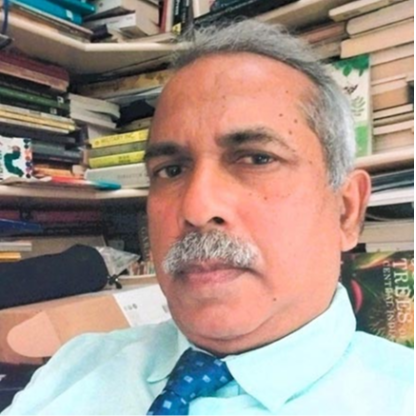Lashkar-e-Tayyeba (LeT) has been a covert instrument of Pakistan’s Army for over two decades and, despite the global pressure to neutralise the group, there is no indication of this insidious relationship breaking up. In fact, there have been renewed attempts by the political and military leadership in Pakistan to make a distinction between terrorists, largely Pashtuns, targeting civilian and military targets within the country, besides the NATO forces in Afghanistan, and Punjabi terrorists targeting India. The Punjabi terrorist groups like LeT and Jaish-e-Mohammad (JeM) are being projected as ‘freedom fighters’. On January 24, 2009, Pakistan’s High Commissioner to the UK, Wajid Shams-ul-Hasan, said that “Lashkar-eTayyeba was fighting for freedom in the occupied Kashmir”. The High Commissioner was only stating the obvious, a stand which has been consistent with the Pakistan Army’s Kashmir obsession.
Notwithstanding the partial admission of the allegations made by India about the NMumbai attackers, Pakistan’s complicity in allowing Lashkar-e-Tayyeba (LeT) , the terrorist group behind the Mumbai attack, to retain most of its extensive infrastructure and capability to pursue its terrorist activities calls for an intense global scrutiny. LeT, with footprints in over a dozen countries and affiliation to global jihadi groups like al Qaida, poses a serious threat to the region and the world.
It is quite clear (particularly after the recent disclosures made by Pakistan about the Mumbai attackers) that this lack of action against terrorist groups like LeT which threaten the entire region is not an indication of the Pakistan’s inability to rein in these ‘state actors’ but further evidence of its Army-dominated State policy to use terror as an instrument of foreign policy.
What the policy makers in Washington need to understand clearly is that LeT and JeM are Punjabi terrorist groups, based in Pakistan’s Punjab, created, trained and armed to carry out the Pakistan State’s proxy war in Kashmir. Neither of them are ‘Kashmiri’ by any stretch of imagination. What is even more important is the stated agenda of these groups, as evident from enormous literature these groups have produced over the years–to liberate all Muslim lands from non-Muslim countries. The agenda is not India specific; India is merely the starting point and Kashmir the road to global jihad. LeT footprints, for instance, have been found in Australia, the US, Afghanistan, Iraq, Bosnia, the UK and West Asia. The obvious inference that can be drawn from these stated positions is that even if the Kashmir issue were to be ‘resolved’, groups like the LeT and the JeM would still retain their utility for the Pakistan Army and its use of terror as an instrument of State policy.
There is therefore a global stake in ensuring that Pakistan dismantles the huge infrastructure these groups have created over the years in different parts of the country. The evidence on the ground, however, shows that Pakistan is not doing so.
The views expressed above belong to the author(s). ORF research and analyses now available on Telegram! Click here to access our curated content — blogs, longforms and interviews.

 PDF Download
PDF Download



 PREV
PREV


